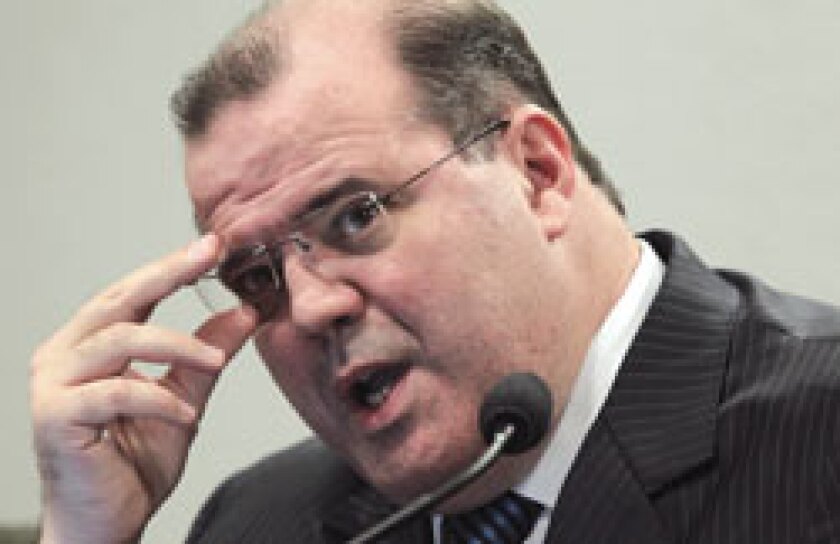Policymakers across the Mercosur region are poised to ratchet up the fight against inflation with an arsenal of weapons including interest rate hikes as well as more unorthodox measures such as price controls.
Brazil is considering tightening its monetary policy for the first time in two years, while Argentina and especially Venezuela, where the inflation rates exceed 20% according to independent estimates, have pursued less traditional policies, including price controls. Last month, Argentina was requested by the International Monetary Fund to report accurate data, including for inflation, or face sanctions that could amount to exclusion from the Fund.
Brazil and Uruguay, which target inflation, have come close to breaching the top range of their targets. “Historically there has been much more tolerance for inflation in the Southern cone,” Miguel Kiguel, former principal economist at the World Bank, said, adding: “6% inflation may be much worse than 3%, but the empirical evidence [to prove this] is not that strong.”
But Brazil is now preparing the ground for tightening monetary policy for the first time since 2011. This week Alexandre Tombini, the president of the central bank, acknowledged inflation had remained “very resilient” and that consumer demand from the new emerging middle class had “put pressure on the economy”. This marked a clear change in communication by the central bank, which previously tended to minimize structural inflationary pressures. The bank, which released the minutes of the latest monetary policy committee yesterday, acknowledged that price pressures were not confined to food.
“The greater dispersion that was recently observed in consumer price increases, seasonal pressures and pressures located in the transportation segment, among other factors, helps to keep inflation resistant,” the minutes said.
Last week, the February consumer price index came well above market expectations at 0.6%, pushing the annual rate to 6.3%. The inflation rate is now expected to reach the top range of the inflation target (6.5%) at the end of this month.
The Institute of International Finance (IIF) predicts a hike in the benchmark Selic rate from 7.25% to 9% at the end of next year. “The growth/inflation dynamic is becoming increasingly challenging,” said Ramon Aracena, chief Latin America economist at the IIF. “Brazil seems to be trapped in the moving sands of high inflation and low growth.”
The central bank has long resisted hiking interest rates and often blamed the external environment and food prices for persistent inflation pressures, but even if it does tighten monetary policy, it has indicated it will do it in a “cautious” manner, which could be interpreted as a signal that any tightening cycle would be moderate in order not to thwart economic activity next year - which is an election year. The rest of Mercosur is also facing an inflation headache. Inflation in Venezuela probably rose to 23% last year while inflation in Argentina averaged just below 10%, according to the International Monetary Fund.
“I think in both those countries it definitely will continue, just given the fact that we don’t see any interest on the part of policymakers to make any major shifts on economic policy,” said Risa Grais-Targow, Latin America analyst at Eurasia Group.
In Argentina, a two-month freeze on prices that was introduced in February in supermarkets may have brought some short-term relief but, analysts said, it may only postpone the problem. In Uruguay, inflationary pressures are also building up and the annual inflation rate reached 8.9% in February. This is well above the top range of its inflation target of 6% and has damaged monetary policy credibility. As in Brazil, monetary tightening is likely, although it may come too late.
“Uruguay has a problem with inflation but they’re trying to do something about it. There’s a more concerted effort on the part of policymakers,” said Grais-Targow.
- Like every year, Emerging Markets daily newspaper covers the Inter-American Development Bank’s annual meeting, held in Panama in mid-March. Pick up your copy at the meeting, read the news on our website and follow us on twitter @emrgingmarkets
